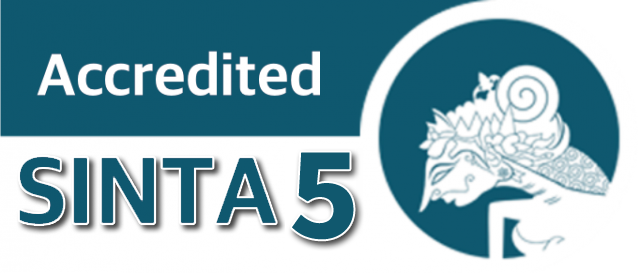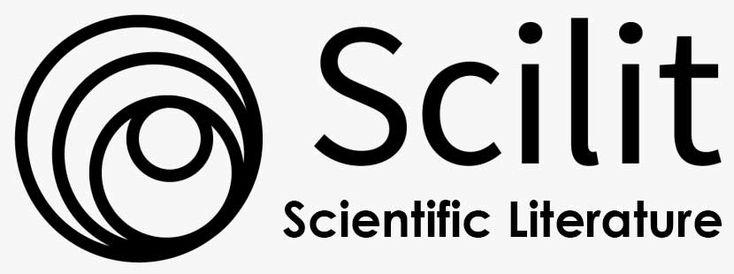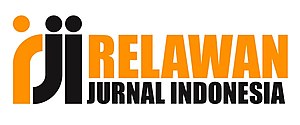TOEFL PBT Training for Vocational Students
DOI:
https://doi.org/10.35960/pimas.v2i4.1272Keywords:
toefl, vocational, work, industryAbstract
English is a crucial international language for global communication, science, technology, business, and culture. Being fluent in English opens doors to personal and professional success. The TOEFL (Test of English as a Foreign Language) is a standardized test that measures English language competency in various contexts, including academic and professional. It consists of four parts: Reading, Listening, Writing, and Speaking. TOEFL is essential for vocational student graduates, especially students, who seek work, study abroad, or participate in exchange programs. It also increases the chances of getting a scholarship, as many educational institutions and international scholarship programs require good TOEFL results. In the world of work, English language competency is often required by multinational companies, giving workers a competitive advantage in international business, trade, diplomacy, and technology. Piksi Input Serang Polytechnic requires D3 student graduates to have a TOEFL score above 450 to ensure adequate mastery of English in the international world. A TOEFL PBT training was held for vocational students via the Zoom Meeting platform, using lecture, discussion, and question and answer methods.
References
Azhari, T., & Sahputri, J. (2022). Analysis of Student Perceptions on the Implementation of Required TOEFL Test before Graduation. 2nd International Conference on Social Science, Political Science, and Humanities (ICoSPOLHUM 2021), 125–130.
Azhari, T., SARI, K., & RASYIMAH, R. (2020). TOEFL requirement: Students’ and lecturers’ perspectives. International Journal of Language Studies, 14(3).
Fifadhilni, S. M. (2022). TEKNIK CAMPURAN: Metode Ceramah, Diskusi Dan Tanya Jawab.
Handayani, S. (2016). Pentingnya kemampuan berbahasa Inggris sebagai dalam menyongsong ASEAN Community 2015. Jurnal Profesi Pendidik, 3(1), 102–106.
Karjo, C. H., & Ronaldo, D. (2019). The validity of TOEFL as entry and exit college requirements: Students’ perception. Eleventh Conference on Applied Linguistics (CONAPLIN 2018), 326–330.
Munadzdzofah, O. (2018). Pentingnya Bahasa Inggris, China, dan Jepang Sebagai bahasa Komunikasi Bisnis di era Globalisasi. VOCATIO: Jurnal Ilmiah Ilmu Administrasi Dan Sekretari, 1(2), 58–73.
Pramesti, R. A. (2023). Investigating Students’ Strategies and Difficulties in Facing TOEFL Reading Section. Journal of English Language and Education, 8(2), 52–62.
Putri, R. E., & Syarif, H. (2021). Students’ Needs for TOEFL Preparation Course at University. Proceeding of International Conference on Language Pedagogy (ICOLP), 1(1), 171–182.
Rahma, E. A., Syafitri, R., Syahputri, V. N., & Parlindungan, F. (2021). An evaluation of TOEFL benchmark policy as an exit requirement for undergraduate students. SALTeL Journal (Southeast Asia Language Teaching and Learning), 4(1), 18–25.
Saputri, L., Ratna, M., & Latifa, C. (2023). Mapping the Needs of Foreign Language Skills for Vocational Students Based on Industrial Demands. Journal of English Language Teaching and Applied Linguistics, 5(2), 124–127.
Service, E. T. (2018). Official TOEFL iBT Tests Volume 2, Second Edition. McGraw Hill LLC. https://books.google.co.id/books?id=8hN-DwAAQBAJ
Siregar, U. D. (2023). Bahasa Inggris sebagai Bahasa Komunikasi Bisnis di Era Globalisasi: Persepsi Pebisnis dan Karyawan. JBSI: Jurnal Bahasa Dan Sastra Indonesia, 3(01), 129–135.
Soetjipta, M. J. (2023). Evaluation of effectiveness of the TOEFL ITP short course test program at CLT Unika Soegijapranata on obtaining the expected score. Journal Of.
Downloads
Published
How to Cite
Issue
Section
License
Copyright (c) 2023 Romadhon

This work is licensed under a Creative Commons Attribution-ShareAlike 4.0 International License.



.png)










